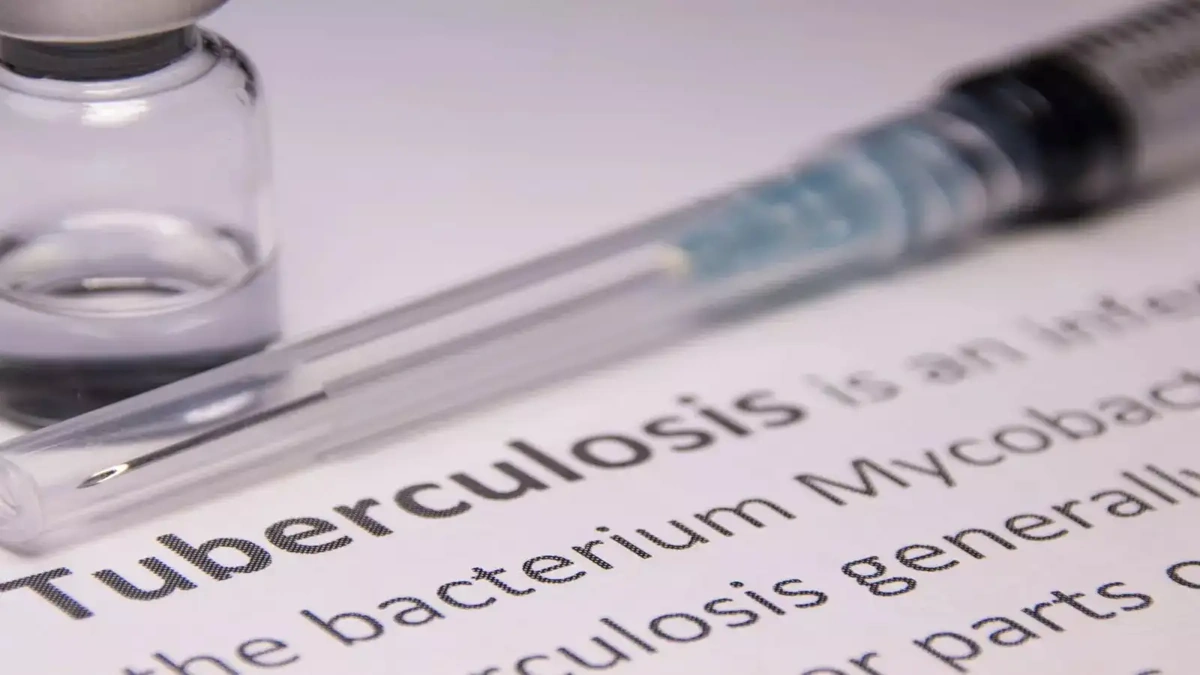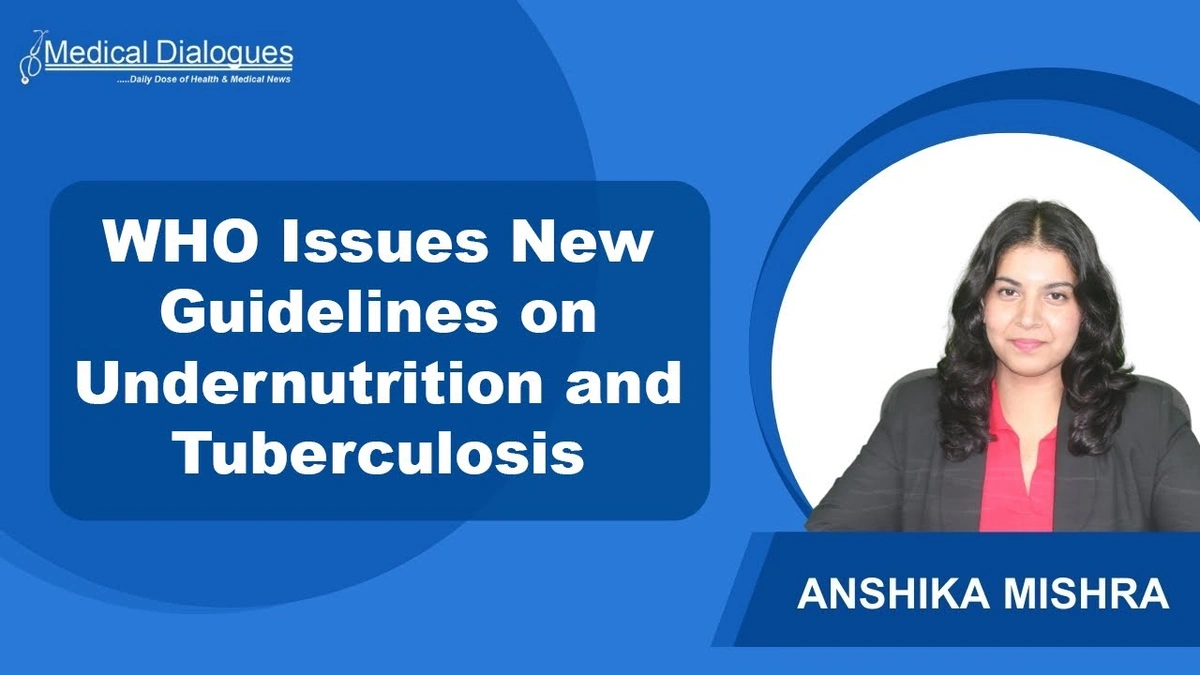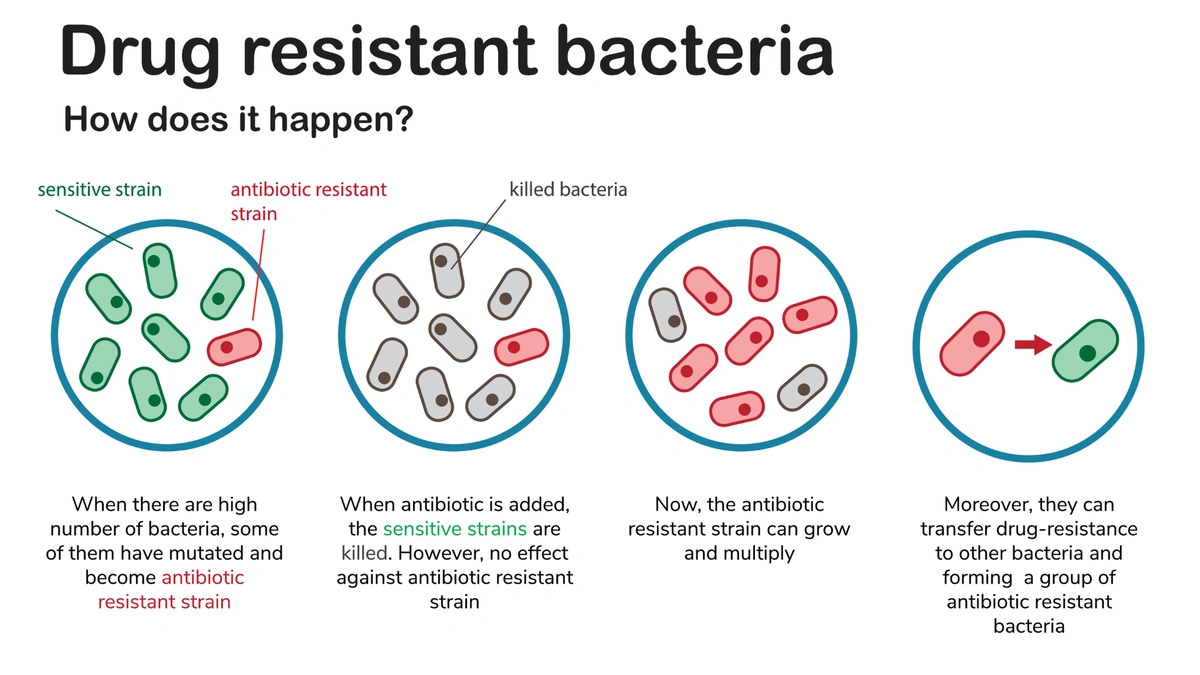Anticipating Superbugs: Proactive Governance Against Antimicrobial Resistance
Let’s be honest, the phrase ” antimicrobial resistance ” (AMR) doesn’t exactly scream “thrilling read,” does it? It sounds like something relegated to sterile labs and dry scientific papers. But here’s the thing: AMR is a silent, growing threat that could undo decades of progress in healthcare, and it affects everyone, including you, right here in India. I initially thought of just explaining the scientific jargon, but then I realized you needed to know why you should care, and what proactive governance has to do with it. So, buckle up; this is more important than you think.
The Looming Shadow | Why AMR Matters in India

India, with its massive population and complex healthcare system, is particularly vulnerable to antimicrobial resistance . Think about it: we’re a country where antibiotics are often easily accessible, sometimes without a prescription. This, coupled with factors like poor sanitation and hygiene, creates a perfect breeding ground for resistant bacteria. And when antibiotics stop working, common infections become deadly. The “why” angle here is stark: AMR threatens our ability to treat everything from pneumonia to simple cuts.
The implications are far-reaching. Increased healthcare costs, longer hospital stays, and higher mortality rates are just the tip of the iceberg. It’s not just about personal health; it’s about economic stability and national security. What fascinates me is how this seemingly abstract problem translates into real-world consequences for families and communities across India.
The Governance Gap | Are We Doing Enough?
So, what’s being done about it? That’s where “proactive governance” comes in. It’s not enough to react to outbreaks; we need to anticipate them. This involves several key strategies:
- Surveillance: Robust systems to track the emergence and spread of resistant bacteria are vital. We need real-time data to understand the problem’s scope and identify hotspots.
- Regulation: Stricter controls on antibiotic use, both in human and animal medicine, are essential. This includes curbing over-the-counter sales and promoting responsible prescribing practices.
- Infection Prevention and Control: Improving hygiene standards in hospitals and communities can significantly reduce the spread of infections. This means better sanitation, handwashing campaigns, and effective waste management.
- Research and Development: Investing in new antibiotics and alternative therapies is crucial. We need to stay ahead of the curve by developing innovative solutions to combat resistance.
But, and this is a big but, these strategies require strong political will, adequate funding, and effective coordination between different government agencies. Let me rephrase that for clarity: Without a coordinated effort, the impact of these interventions will be limited. It is also important to consider the role of the World Health Organization in helping member countries with antimicrobial resistance.
The Indian Context | Challenges and Opportunities
India faces unique challenges in tackling AMR. Our diverse population, fragmented healthcare system, and socioeconomic disparities complicate the picture. However, we also have unique opportunities. Our strong pharmaceutical industry can play a key role in developing new antibiotics and diagnostics. Our traditional medicine systems offer potential avenues for exploring alternative therapies. A common mistake I see is underestimating the importance of public awareness. The one thing we absolutely must do is educate the public about responsible antibiotic use and the importance of hygiene.
But, we need to do more than just talk about it. We need concrete action plans, measurable targets, and transparent monitoring mechanisms. According to the latest reports, the Indian government is investing in strengthening its AMR surveillance network and promoting rational antibiotic use. However, the pace of progress needs to accelerate to keep pace with the growing threat. The government also needs to address the environmental dimensions of antimicrobial resistance.
From Policy to Practice | A Call to Action
What fascinates me is how each of us can contribute to the solution. It’s not just about government policies and scientific breakthroughs; it’s about individual responsibility. Here’s what you can do:
- Use antibiotics wisely: Only take them when prescribed by a qualified doctor, and complete the full course of treatment.
- Practice good hygiene: Wash your hands frequently with soap and water, and maintain good sanitation practices.
- Spread awareness: Talk to your family and friends about AMR, and encourage them to take action.
- Support research: Donate to organizations working to combat AMR, and advocate for increased funding for research and development.
The fight against antimicrobial resistance requires a collective effort. It’s a race against time, and we can’t afford to lose. Remember that article onbrain eating amoeba ? Well, this is potentially a much bigger problem.
Antimicrobial Stewardship Programs | A Key Strategy
A critical component of proactive governance is the implementation of antimicrobial stewardship programs (ASPs) in hospitals and healthcare facilities. These programs aim to optimize antibiotic use, reduce unnecessary prescriptions, and improve patient outcomes. Let’s be honest – ASPs are not always easy to implement. They require a multidisciplinary approach, involving doctors, pharmacists, nurses, and other healthcare professionals. They also need to be tailored to the specific context of each hospital, taking into account local resistance patterns and prescribing practices. However, the benefits of ASPs are undeniable. Studies have shown that they can significantly reduce antibiotic consumption, decrease the incidence of antimicrobial resistance infections, and lower healthcare costs. And remember that report about flu outbreaks in Japan? Well, preventing AMR infections is a much better way to address the challenge.
FAQ | Your Burning Questions Answered
Frequently Asked Questions
What exactly is antimicrobial resistance?
It’s when bacteria, viruses, fungi, and parasites change over time and no longer respond to medicines, making infections harder to treat and increasing the risk of disease spread, severe illness, and death.
Why is AMR such a big problem in India?
Easy access to antibiotics, high population density, poor sanitation, and hygiene practices contribute to the rapid spread of resistant organisms.
What can I do to prevent the spread of antimicrobial resistance ?
Use antibiotics only when prescribed, practice good hygiene, and get vaccinated to prevent infections.
Are there any alternative treatments to antibiotics?
Research is ongoing into alternative therapies like phage therapy and antimicrobial peptides, but they are not yet widely available.
What is the government doing to address AMR?
The government has launched the National Action Plan on Antimicrobial Resistance (NAP-AMR) to promote responsible antibiotic use and strengthen surveillance.
How does agriculture contribute to antimicrobial resistance ?
The misuse of antibiotics in livestock can promote the development of resistant bacteria, which can then spread to humans through the food chain and the environment.
In conclusion, anticipating superbugs and proactively governing against antimicrobial resistance is not just a scientific or political challenge; it’s a societal imperative. It requires a shift in mindset, from reactive to proactive, from individual to collective, and from complacency to vigilance. The future of healthcare in India, and indeed the world, depends on it.













